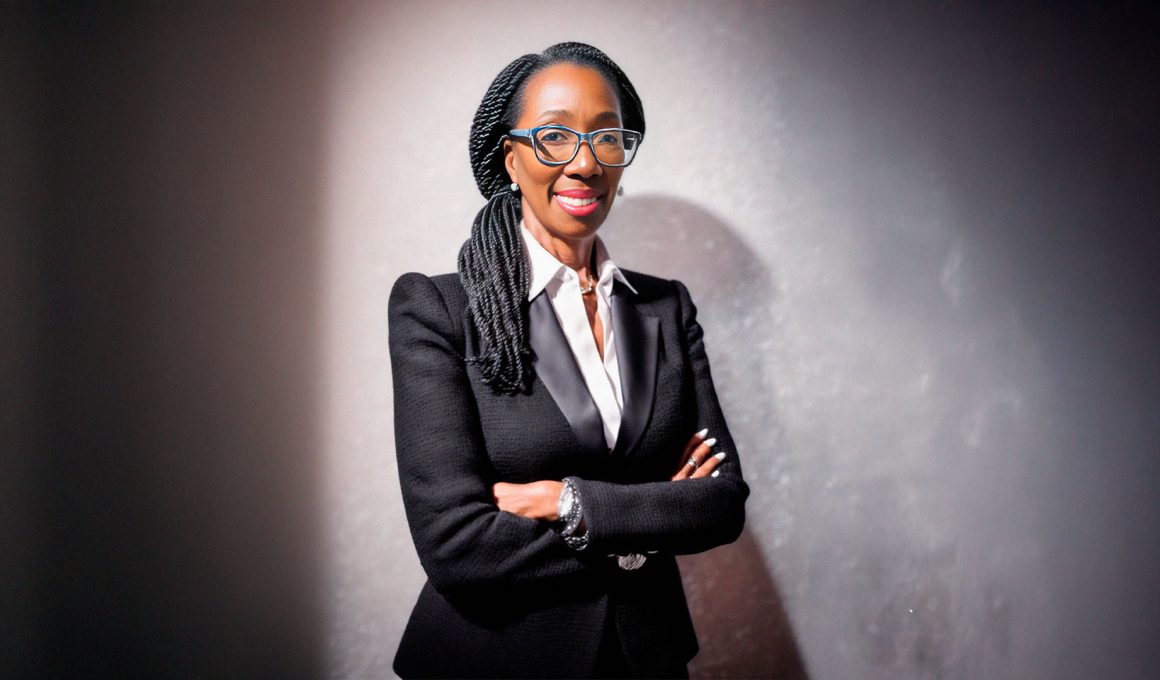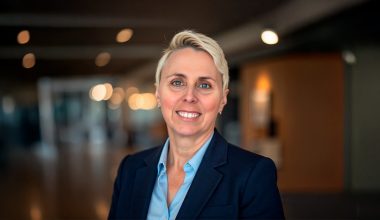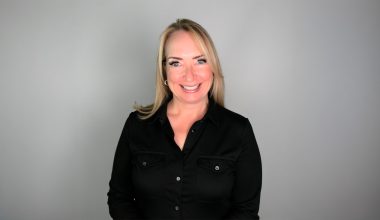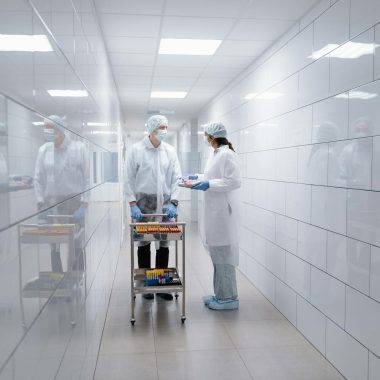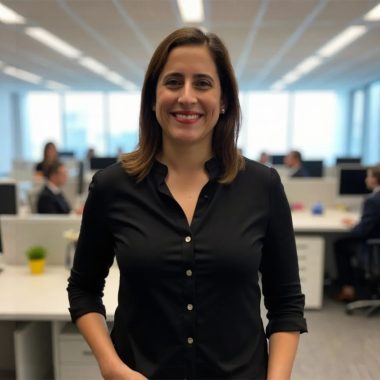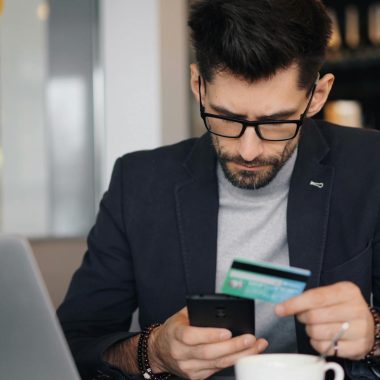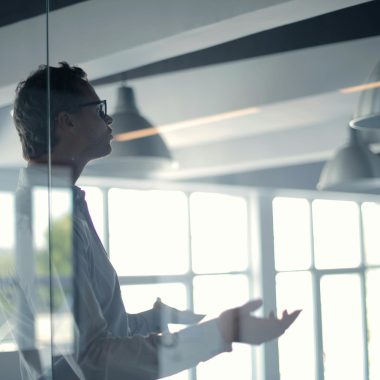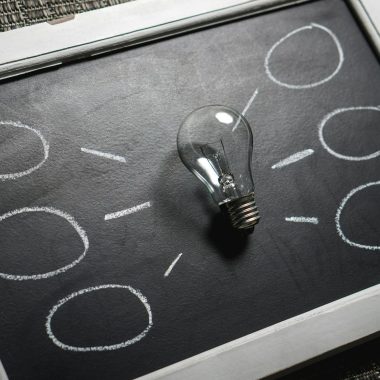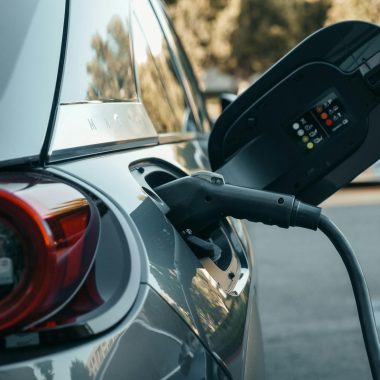Youth mentorship is facing a pivotal moment. While the need for mentors grows, traditional matching methods struggle to keep pace with demand. One leader is changing this landscape by bringing Silicon Valley innovation to social impact. Leading Big Brothers Big Sisters of Puget Sound, Alonda Williams combines her tech industry experience with a deep understanding of what kids need – someone who truly sees them. Through artificial intelligence (AI) and innovative programs, she’s not just matching mentors with youth faster – she’s transforming how a decades-old organization adapts to serve a new generation of young people.
Discovering Mentorship as a Purpose
For Alonda, mentorship isn’t just a job – it started as a personal mission when she was 23. “Someone poured into me and mentored me, honestly just really saw me,” she shares. “That’s what it’s about – being seen. I wanted to give that to someone else.” This commitment to helping others be seen shows up in unexpected ways. When her daughter struggled as the only brown girl in her class wanting “yellow and shaky” hair, Alonda wrote children’s books. “It wasn’t about becoming an author,” she explains. “There were little girls that needed to be seen. It was about helping kids who aren’t really seen often, helping them feel good about themselves.”
At Big Brothers Big Sisters, Alonda sees transformation happen regularly. She tells the story of Hugh, a young boy struggling with his father’s absence. “He was very sad and had this longing,” she says. Through their program, Hugh got a big brother who helped him become more confident and outspoken. “Connection takes time and investment. It takes listening. It takes trust.”
Streamlining Mentorship with AI
Alonda’s tech background proves invaluable in her current role. Recognizing how time-consuming it was to match mentors with mentees, she worked with tech partners to develop an AI matching system. “What took months, we can now do in minutes,” she says. The system helps find precise matches – like pairing a kid who loves anime with a mentor sharing that interest. But Alonda isn’t just focused on internal tech. Her team created “Bigs in Tech,” connecting young people with tech professionals. “There’s an opportunity for corporations, particularly those in careers that represent where future work is going, to help young people get exposed to careers they wouldn’t have seen otherwise.”
Navigating Multi-Generational Leadership
Running a modern nonprofit brings unique challenges. “We have five generations in the workplace at the same time,” Alonda points out. This spans from employees who’ve never known office work without Zoom to those who remember typewriters. Each group brings different views on everything from remote work to leadership styles. “Gen X and boomers are used to a more punitive form of accountability,” she notes. “Younger employees want a more empowered approach.” Add in that some staff have only worked in a post-COVID world, and leadership becomes even more complex.
Despite these challenges, Alonda stays focused on impact. She’s excited about using and advocating for AI to help nonprofits do more with limited resources. But she’s quick to note that technology supports, rather than replaces, human connection. Her message for other leaders? “Think about not just the bottom line in your business, but what’s the bottom line in the community and how you can impact that.” Through this blend of tech innovation and personal connection, Alonda’s work shows how traditional mentorship can evolve to reach more young people who need someone in their corner.
Learn more about Alonda Williams and Big Brothers Big Sisters of Puget Sound’s work by visiting her LinkedIn profile.
